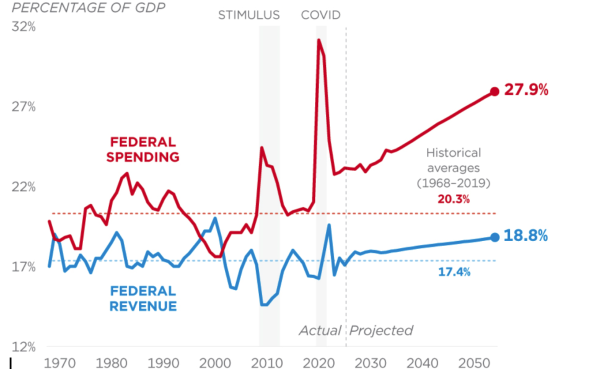Sanders suspends campaign
On April 8, Vermont senator Bernie Sanders announced that he would suspend his campaign for the 2020 Democratic presidential nomination, effectively ceding the nomination to former vice president Joe Biden. Despite his original status as the potential frontrunner for the party, this decision followed weeks of declining poll numbers and dwindling support among key demographics.
Many have linked the beginnings of instability in Sander’s campaign to South Carolina’s primary election. Following South Carolina governor Henry McMaster’s endorsement of Biden, Biden won almost 50 percent of the vote, far outpacing his competitors. After this landslide, other moderate candidates like Pete Buttigieg and Amy Klobuchar dropped out of the Democratic race to endorse Biden. These endorsements further weakened Sanders’s standing in the race, eventually leaving just him and Biden as the final two Democratic candidates.
“Biden won South Carolina by such a huge margin that any further campaigning would just weaken the chance of a moderate winning the election,” said Upper School history teacher John Monahan.
After these key endorsements, moderate voters began to believe that Biden had a chance to defeat President Donald Trump in the upcoming election, showing their support by voting for the candidate in key states. As a result, Sanders’s support dwindled and his chances of winning dramatically decreased.
“The pendulum after South Carolina swung so historically fast in Biden’s direction that by the time Wisconsin happened, Bernie simply didn’t have the momentum to continue running,” said Monahan.
To become the nominee, Sanders needed to secure the votes of key demographic groups in the United States, but he would eventually lose these votes to Biden during Super Tuesday and other primaries.
“One of the main factors that led to Bernie suspending his campaign [was] the fact that, compared to his 2016 campaign, he had lost a significant portion of his white, working-class base in Midwestern states to Joe Biden,” said president of Westminster’s Young Democrats club Charles Campbell.
One of the key points of scrutiny surrounding Sanders’s campaign has been the timing behind his campaign suspension. The Vermont senator chose not to drop out of the race after Super Tuesday, as was expected of him, but instead waited until the beginning of April to suspend his campaign. Only after Biden’s victories in more key states would Sanders announce that he would suspend his presidential campaign.
“Biden had opened a practically insurmountable lead by the time Bernie dropped out, so him staying in would not have dealt the Democratic Party anything but damage,” said Campbell.
One of the assumed reasons that Sanders ended his campaign so late was a desire to hold out until he could sway voters through his presence at the Democratic National Convention. However, it is assumed that he ultimately ended his bid for the presidency because of the new swing toward Biden.
“The trend toward Biden was so fast and so dramatic that the longer Bernie stayed in, the less leverage he would have in the convention,” said Monahan.
Another point of critique for Sanders was his insistence on remaining a candidate despite his suspended campaign. In other words, his name remained on the ballot even though he had stopped actively campaigning for office. Critics argued that by not removing himself from the race, Sanders had weakened the Democratic Party and lowered its chance for victory.
“Honestly, I think it says a lot about the character of the Democratic Party,” said president of Westminster’s Young Conservatives club Anne-Catherine Nichols. “Bernie looks like a sore loser because his polling numbers were so low compared to Biden. Bernie could not just let his campaign go—instead of dropping out he had to suspend the campaign.”
Sanders needed a key portion of the vote in order to enact the changes he wanted to address during the Democratic National Convention. The minimum percentage of the vote needed to open discussions to a larger panel is 25 percent, and, as Sanders never reached that threshold, he still hopes to instill his values in the Democratic Party through suspending his campaign instead of dropping out.
“[Sanders] cannot drop out and get zero more votes and risk not meeting the 25 percent threshold,” said Monahan. “He had to strike the awkward balance of telling his supporters to vote for Biden but to also support him so he can add things like Medicare for all to the platform.”
In the growing divide between Biden and Trump followers, the upcoming election between the two presumptive nominees is sure to be a hectic one.




